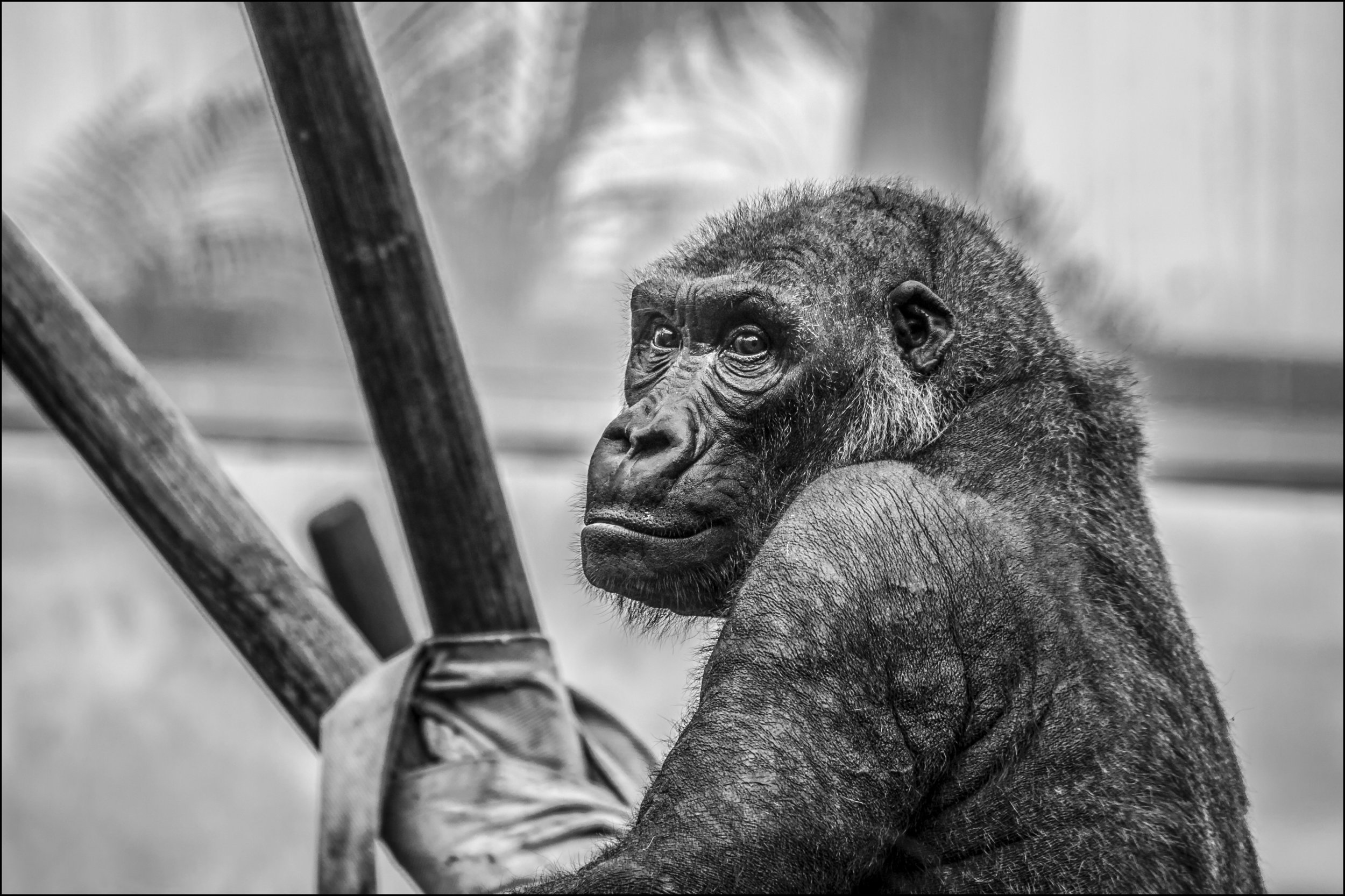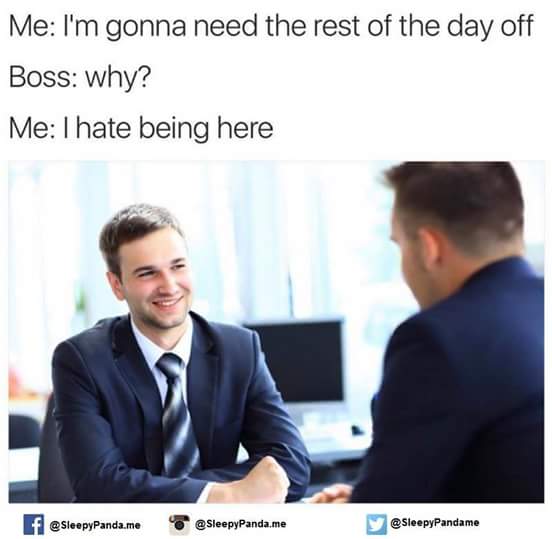Glasgow, Scotland, UK • November 2016 • Length of Read: 4 Minutes
It’s a question that every child gets asked. A question that fills them with excitement and sets their imaginations running wild. And whether it comes from a teacher, a parent, a peer, or even an overly fussy distant friend of an aunt, they are rarely afraid of giving an honest answer. ‘Unrealistic’ isn’t a word many children associate with. After all, this question is usually preceded by a statement indicating that ‘when you grow up, you can be whatever you want to be’. The sky isn’t the limit, the edge of the Universe is. I vividly remember Mrs Leslie asking us this in primary school. I must have been six or seven years old at the time. She stood in front of the class and said, “What do you want to be when you grow up?” An open-ended thought that brought with it endless possibilities.
“A fireman,” yelled out one of the boys at the front.
“A nurse,” added a girl to my left, enthusiastically.
“A spaceman,” said my best friend.
Somewhere along the line, though, these desires fade. Reality takes over. We lose passion. We get side-tracked by the monotony of daily life and short-term thinking. Doubt creeps in. Dreams are suppressed to when we are asleep. As an experiment, I recently posed this to a work colleague of mine. The response was a bemused and confused wrinkle of the face followed by the statement, “I’m not a kid anymore. But I suppose when I was younger I wanted to be a veterinarian.” Wanted. A verb used in its past tense.
Yes, people change. I understand that. And something you wanted to be ten years ago may now be something that genuinely doesn’t interest you. As we learn new things and grow as individuals, different influences and wishes take over. This is why it is so important to keep asking yourself this question. What do I want to be when I grow up? I don’t care if you’re eighteen or eighty. Until you are dead you should still be wanting to pursue new things. Why should fantasising and dreaming about our future lives be constricted to only when we are children? I’m a 25-year-old 'man' and still get a kick out of what some may consider ‘unattainable’ thoughts and ideas. As far as I’m concerned, if something is deemed to be unattainable, then it’s all that more exhilarating and exciting when you finally achieve it.
My response to Mrs Leslie’s question? – “I want to be an explorer.”
As I head off next month on a tour of Oceania and Asia to compile stories for my sophomore travel book, this ‘dream’ is now very much still a reality. It’s a goal, I suppose. And what are goals but simply dreams that have timelines attached?
So ask yourself today, tomorrow, and the next day: What do I want to be when I grow up? You’ll probably be surprised with what your brain comes up with…












